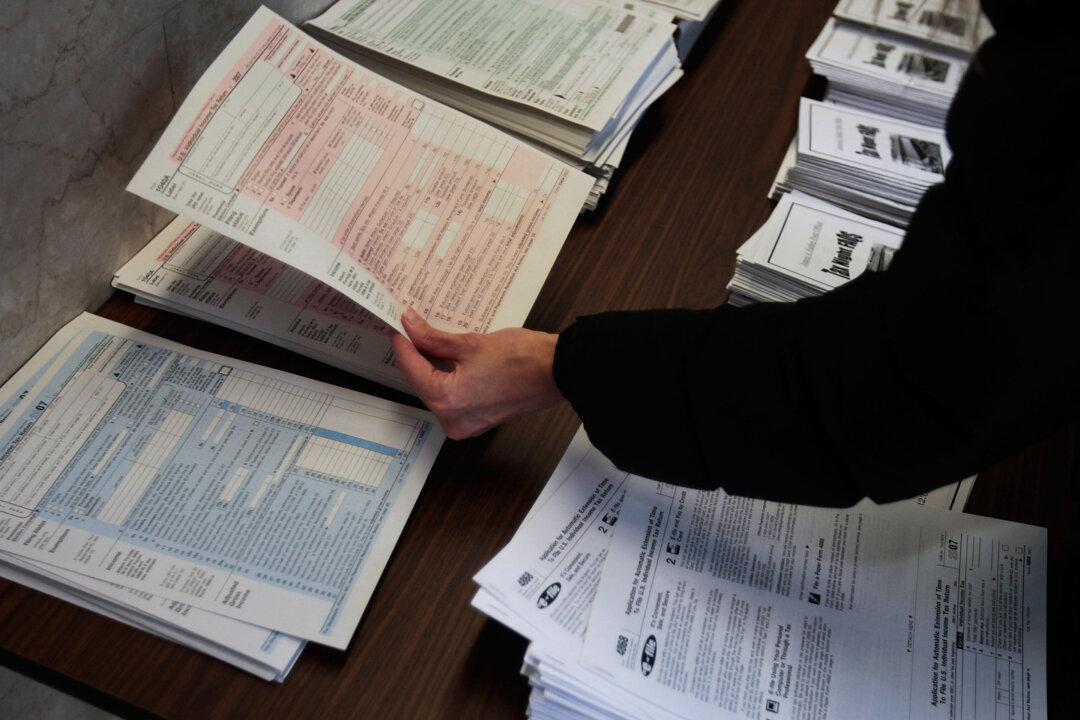For small-business owners, preparing an income tax return is far from simple, which can increase the chances of making a mistake. Here are six steps that small-business pros say you can take to cope with that hair-on-fire feeling of discovering an error after you’ve filed—plus how to get things fixed quickly so you can go back to running your business.
Double Check Your Work
If you suddenly think something’s wrong with the tax return you already filed, make sure there is in fact a mistake before taking further action.“Go back to the original preparer and verify what you’re seeing first,” says David Klasing, a certified public accountant and attorney in Irvine, California. “Don’t just assume the return is off, because your analysis could be wrong.”






